Introduction
Hook: Imagine a world where technology can do things that defy our understanding—where machines heal the sick, predict the future, or even control the environment. To some, this would be magic. To others, it’s merely the result of technological advancement.
Thesis Statement: In this article, we will explore the famous quote by Arthur C. Clarke, “Any sufficiently advanced technology is indistinguishable from magic,” and break down its significance in today’s world. We’ll examine how technology has progressed to levels that seem almost magical, how it impacts society, and what this means for the future.
The Concept of Technology as Magic
- Arthur C. Clarke’s Third Law
Explanation of the Law: Clarke’s Third Law states that any advanced technology that surpasses the understanding of the observer will appear as magic. This concept challenges the boundary between science and the supernatural.
Examples from Literature and Science Fiction: The evolution of science fiction has often presented technology that transcends comprehension, such as teleportation, mind-reading, and faster-than-light travel.
- The Nature of Magic
Defining Magic: Magic is often perceived as a supernatural force that bends the laws of nature. Historically, magic was used to explain phenomena that could not be scientifically understood.
Evolution of Magic to Science: Over time, many things once thought to be magical, such as alchemy, have become the foundation for modern scientific practices.
How Technology Has Evolved to Feel Like Magic
- Technological Wonders in Everyday Life
Smartphones and AI: Today, smartphones with facial recognition, instant communication, and advanced AI capabilities seem almost magical. The ability to access the sum of human knowledge from the palm of your hand, navigate via GPS, and perform real-time language translations exemplifies this.
Augmented Reality and Virtual Reality: The immersive worlds of AR and VR blur the lines between reality and digital creation. These technologies create experiences that feel like stepping into another world.
- Medical Technology
Gene Editing and CRISPR: The ability to edit genes with precision, which once seemed like science fiction, is now a reality. Technologies like CRISPR allow for targeted changes in DNA, offering potential cures for genetic diseases.
Biotechnology and Bionics: Prosthetic limbs that respond to neural signals and exoskeletons that enhance physical strength seem to defy the natural order, demonstrating technology that acts almost like magic.
- Quantum Computing
The Unseen Magic of Quantum Mechanics: Quantum computers, operating on principles that baffle the traditional understanding of physics, have the potential to solve complex problems that would be impossible for classical computers to address.
Shifting Paradigms in Computing Power: Quantum computing is often cited as the next frontier in technology. As it evolves, it could perform tasks that appear magical to those without the understanding of its underlying principles.
The Psychological and Social Impact of “Magical” Technology
- Tech and the Human Imagination
How Humans Perceive Technology: When technology advances rapidly, it can outpace the public’s understanding. This creates a perception of magic or mysticism. The psychological effect of seeing the seemingly impossible made possible can evoke awe and wonder.
Cultural Depictions of Technology: Movies, television shows, and literature often depict technology that appears as magic to the characters. For instance, in the Marvel universe, characters like Iron Man use advanced technology that seems like magic.
- Social Implications
Disruption of Old Beliefs: As technology grows more advanced, older belief systems about the world, the supernatural, and what is possible may be challenged. This creates both excitement and fear.
Technological Divide: As certain societies gain access to “magical” technologies, disparities between the technologically advanced and those without access may grow. The divide can create tension, as people who lack access may view the technology with skepticism or fear.
The Ethics of “Magical” Technologies
- The Moral Implications of Advanced Technology
Power and Responsibility: With power comes responsibility. Technologies that have transformative potential can be misused. Whether it’s artificial intelligence, genetic editing, or surveillance technology, there are ethical considerations surrounding the use of “magical” tech.
Regulating Technology: How do we regulate something that is advancing so rapidly and is potentially capable of doing both great harm and great good? We explore the responsibility of developers, governments, and society at large.
- Technology and Humanity’s Future
Enhancing Humanity or Replacing It?: The more advanced technology becomes, the greater the debate over whether it will enhance human potential or replace the need for human intervention entirely. For example, AI taking over jobs or robots becoming capable of performing human-like tasks could be seen as both a blessing and a curse.
The Need for Ethical Frameworks: As we move into a future where technology could appear indistinguishable from magic, we must ask whether we are prepared to handle its consequences.
What’s Next? The Future of “Magical” Technologies
- The Integration of AI and Human Intelligence
AI as an Extension of the Human Mind: The development of brain-computer interfaces could merge artificial intelligence with human cognition, creating a new era of human potential. This is a step towards making “magic” real.
Synthetic Life and Consciousness: What happens when machines achieve a level of self-awareness? This could challenge the very essence of what it means to be human, possibly creating an entirely new form of existence.
- Exploring Space and the Colonization of Other Planets
Space Travel and Colonization: Technologies enabling space travel and the potential for humanity to live on other planets might once have seemed impossible. However, space exploration, driven by technologies that push the boundaries of science, could soon be seen as our future.
Terraforming: The concept of turning Mars into a livable planet for humans is another example of how technologies are blurring the lines between science fiction and reality.
Conclusion
Summary of Key Points: We have seen how the advancements in technology—from AI to biotechnology—are pushing the boundaries of what was once considered magic. These innovations are changing the way we live, think, and perceive the world around us.
Final Reflection: The future is unfolding in front of us, and the potential for technology to continue to exceed our expectations is immense. Whether we view it as magic or science, the possibilities for innovation are endless.
Call to Action: As we continue to develop these “magical” technologies, we must ensure that we remain ethical stewards of these advances. Let’s not only embrace the future but also shape it with the wisdom and foresight needed for the generations to come.
This outline serves as a comprehensive guide for crafting a 3000-word article on the intersection of advanced technology and its magical-like capabilities. Feel free to expand each section with examples, case studies, and deeper analysis for the full article!
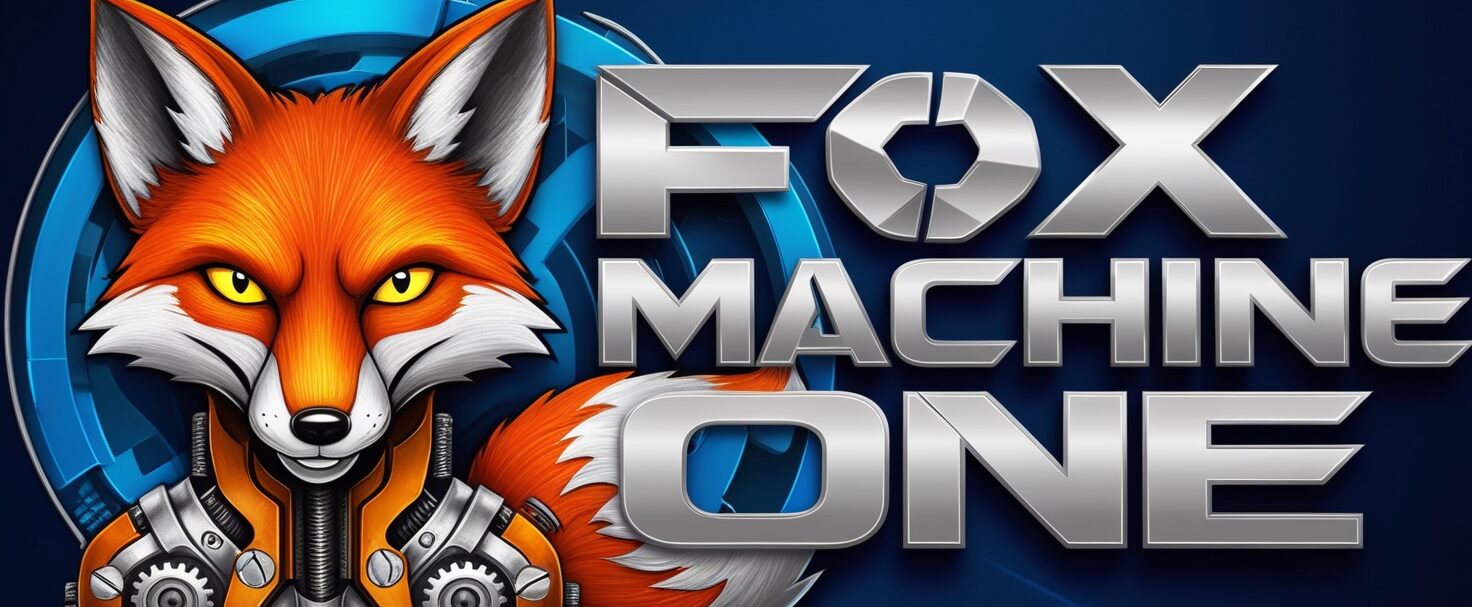


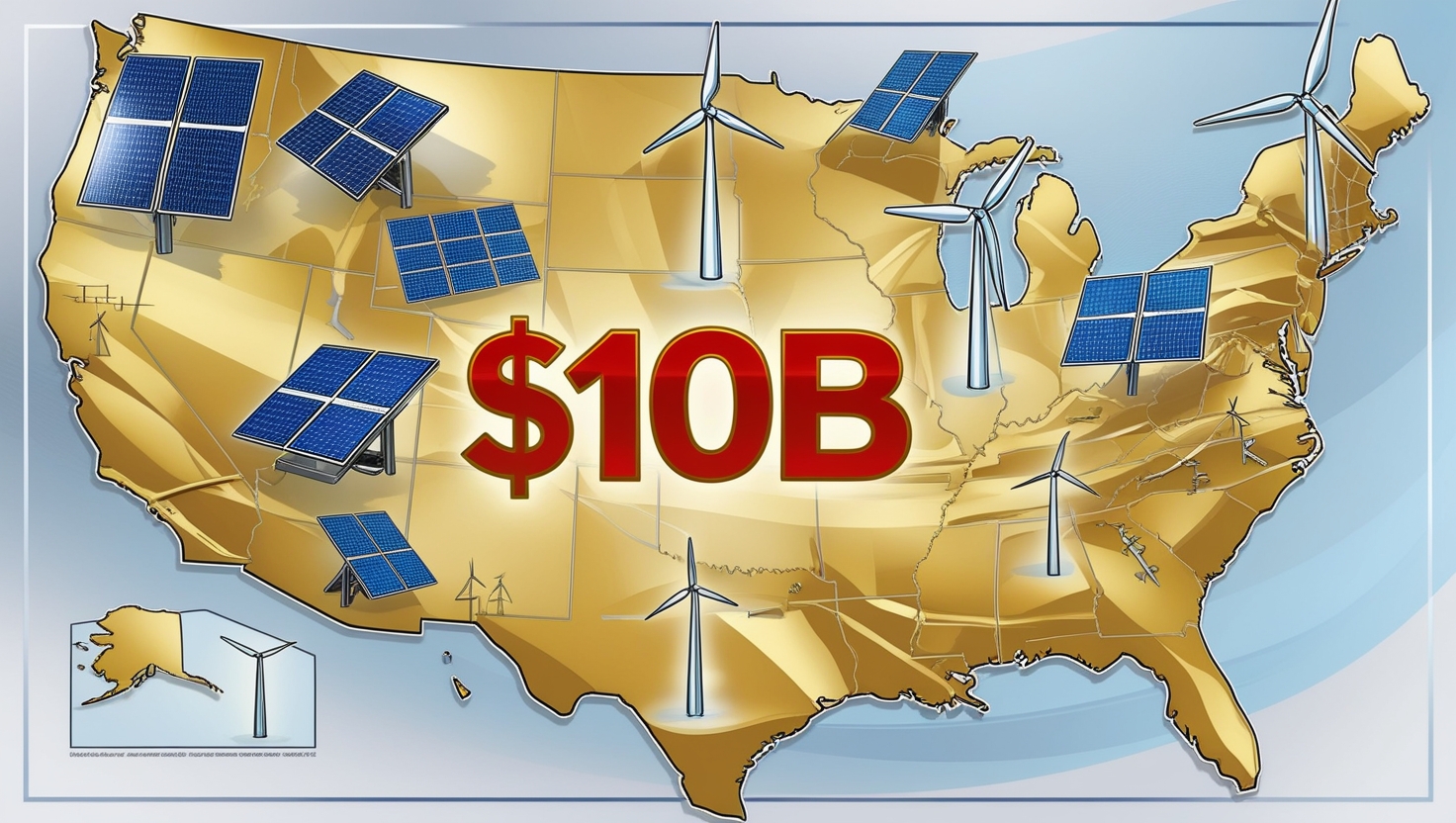

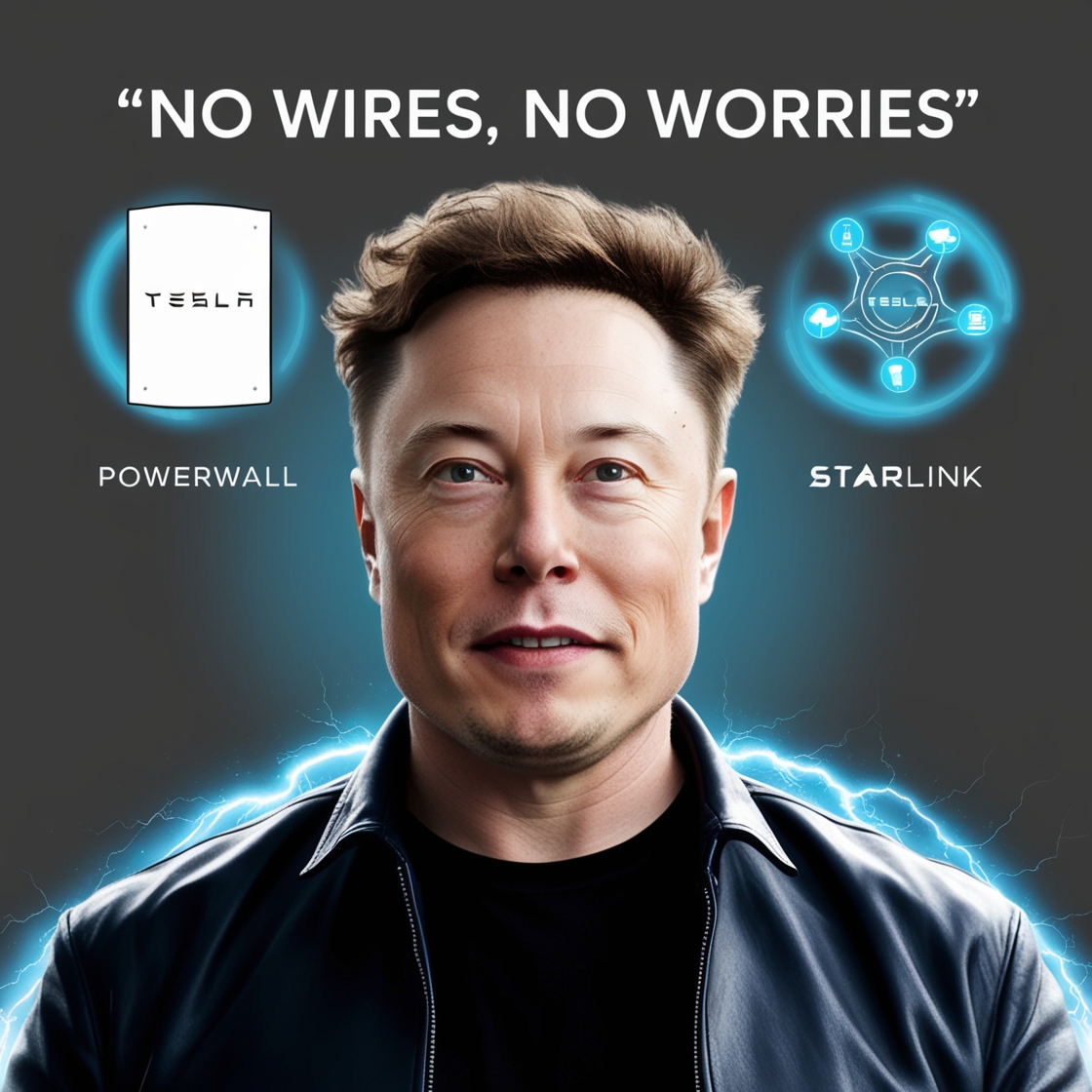
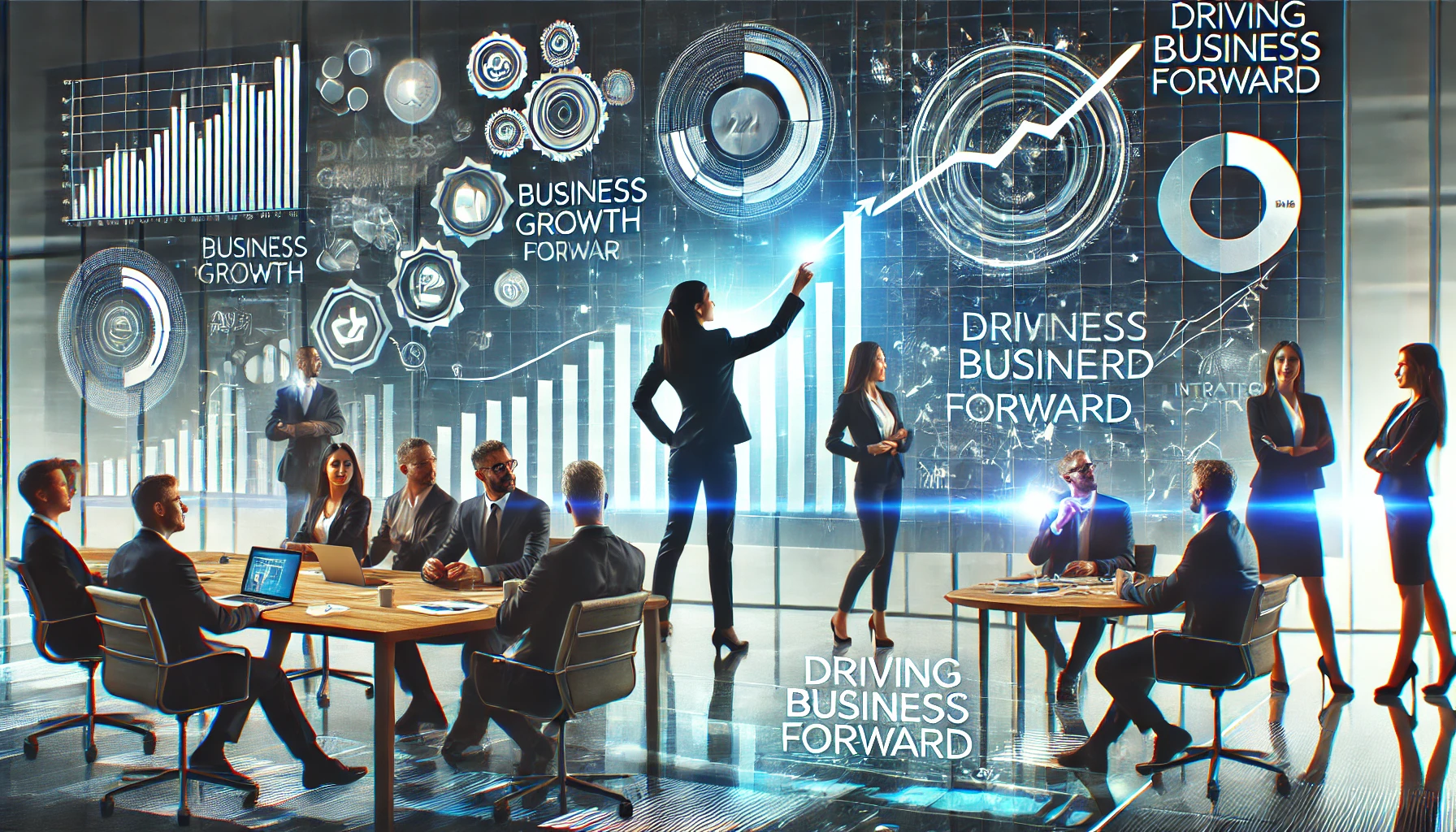




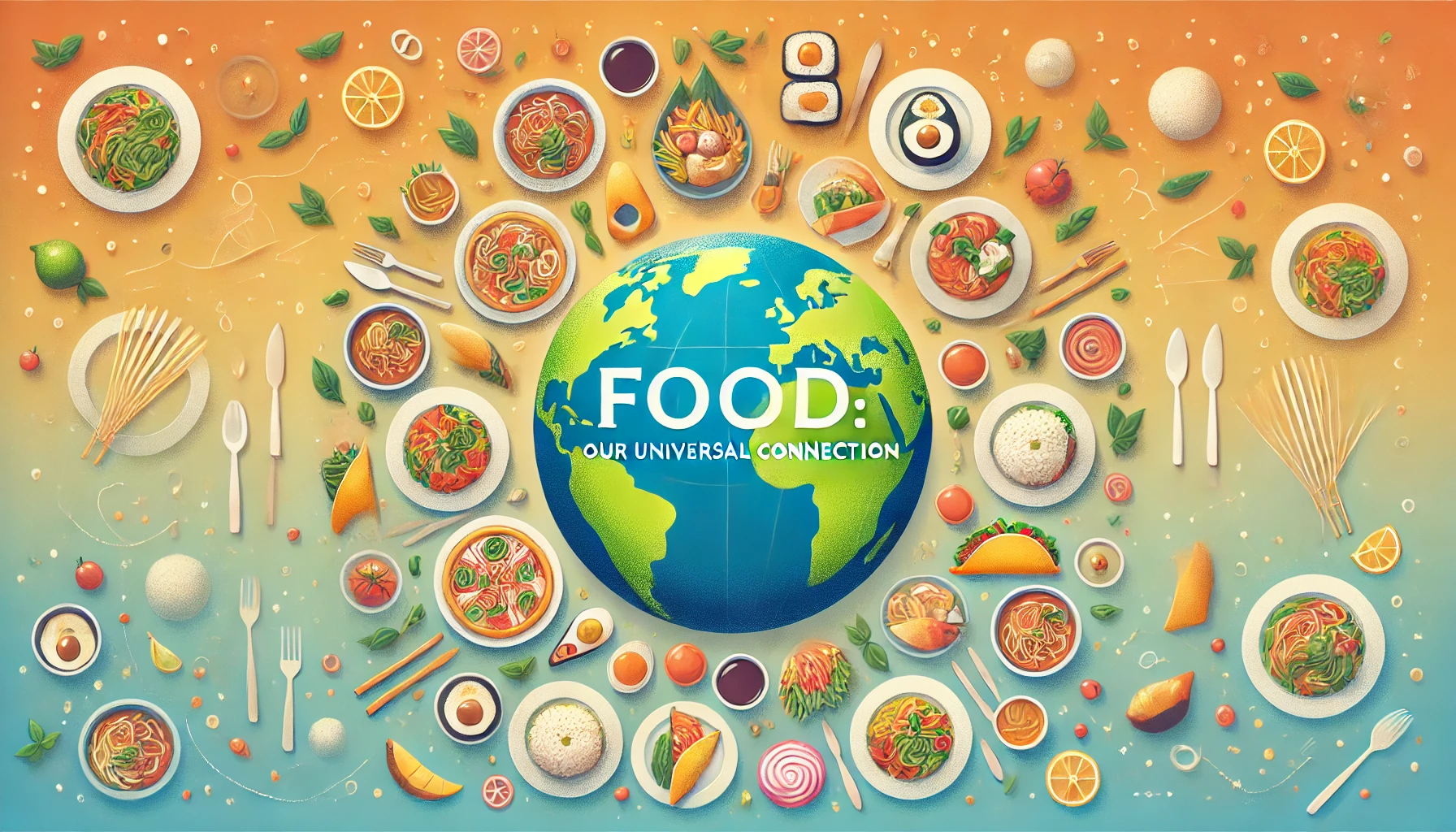



Leave a Reply